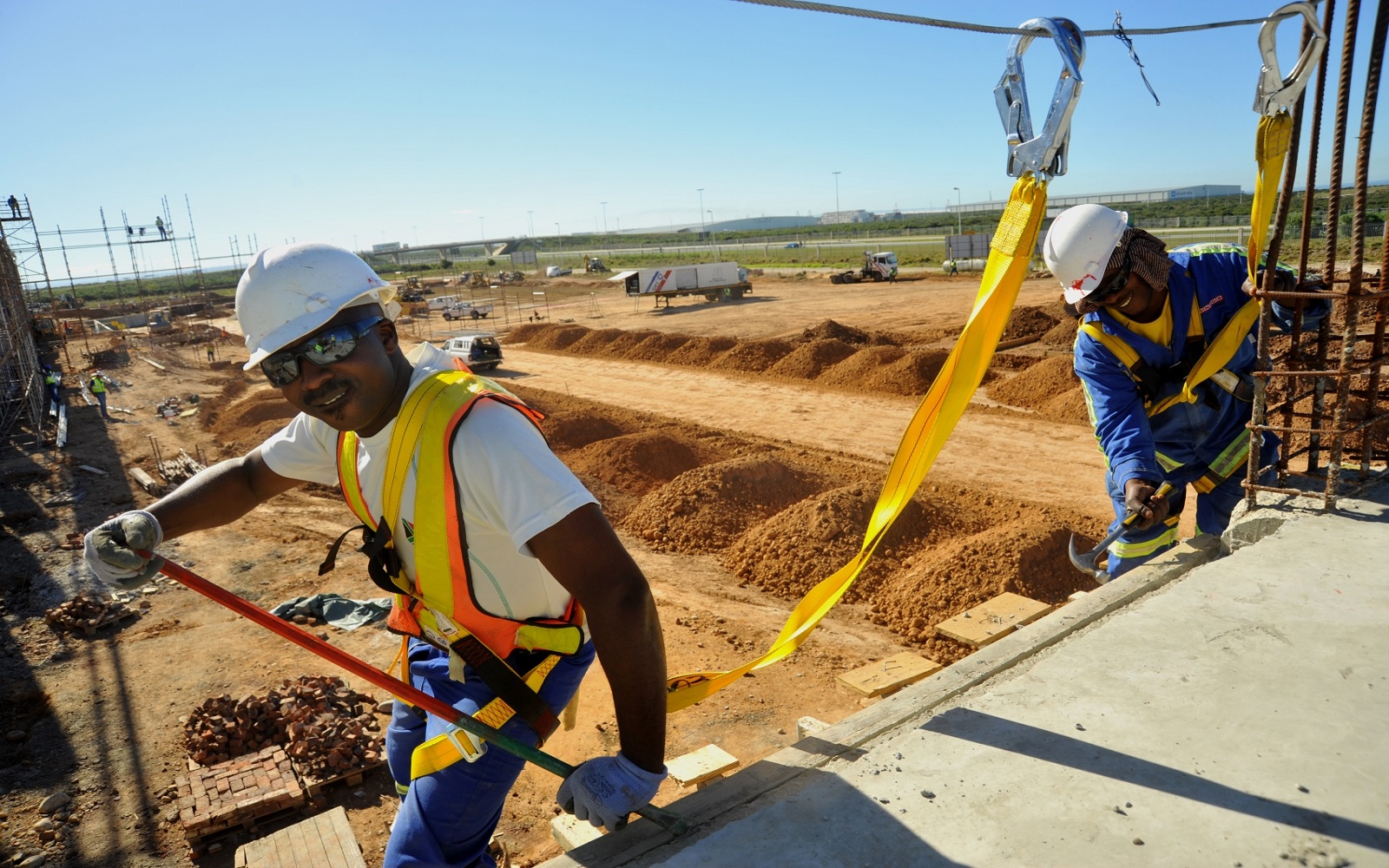Key highlights
- Employers in Germany have been unable to fill approximately 630,000 job vacancies in their industries
- A major issue with finding skilled workers is that Germany has seen a significant drop in the number of young people choosing apprenticeships or other vocational training.
- To further strengthen its skilled worker immigration, the Interior Ministry set out plans for looser immigration rules for skilled workers, more attractive conditions for students and Blue Card holders, and a new points-based system for potential jobseekers coming into place by this summer
Germany sets out plans to loosen immigration rules for skilled workers, students, and Blue Card holders.
According to a new report released by the Institute of German Economy, the skills gap in Germany widened last year with employers being unable to fill approximately 630,000 job vacancies in their industries, due to the relatively slow economic recovery.
The report found a strong positive correlation between the level of skill required for a job and the difficulty in finding someone.
Why Germany is struggling to find skilled workers
A major issue with finding skilled workers is that Germany has seen a significant drop in the number of young people choosing apprenticeships or other vocational training.
Experts believe that this is due in part to the lack of training and networking opportunities during the pandemic. This is likely to have exacerbated Germany’s long-standing lack of interest in apprenticeships.
However, according to figures released earlier this week by the Federal Statistics Office, there are now currently approximately 1.25 million apprentices in Germany.
The number of people entering training courses has increased slightly following the pandemic, although it is eight percent down compared to pre-pandemic levels.
Skills needed
At the moment, employers are particularly looking for individuals with degrees in IT, electrical engineering, and construction planning and supervision, as there is a shortage of qualified workers in nine out of ten of these positions.
These sectors were not the only sectors affected by these issues. In 2022, the shortage of skilled workers in Germany also had a significant impact on health, social services, education, and teaching.
In industries that were previously less impacted by Germany’s labor shortages, there is now growing skill gaps, as the number of open positions nearly tripled in the commercial services, trade, distribution, hotel, and tourism industries last year.
The head of the Federal Employment Agency indicated,
“Even if we raise all domestic potential, this will not be possible without further immigration, also for demographic reasons….We need immigration of both labor and skilled workers.”
What this means for Nigerians
Germany fortunately believes that it won’t be able to solve its skilled worker shortage without a significant uptick in immigration.
For instance, in March, a record 45.6 million people were employed nationwide and the increase in employment figures was almost exclusively due to migrants, particularly non-EU migrants, entering the German workforce.
To further strengthen its skilled worker immigration, the Interior Ministry set out plans for looser immigration rules for skilled workers, more attractive conditions for students and Blue Card holders, and a new points-based system for potential job seekers.
This could come into force by summer giving more job seekers from Nigeria the opportunity to get a job in Germany. As the plans are being put in place, this is a good time for Nigerians to learn the German language ahead of plans to migrate.























I want to migrate to Canada or Germany on skilled sponsorship visa, please help me with the connections